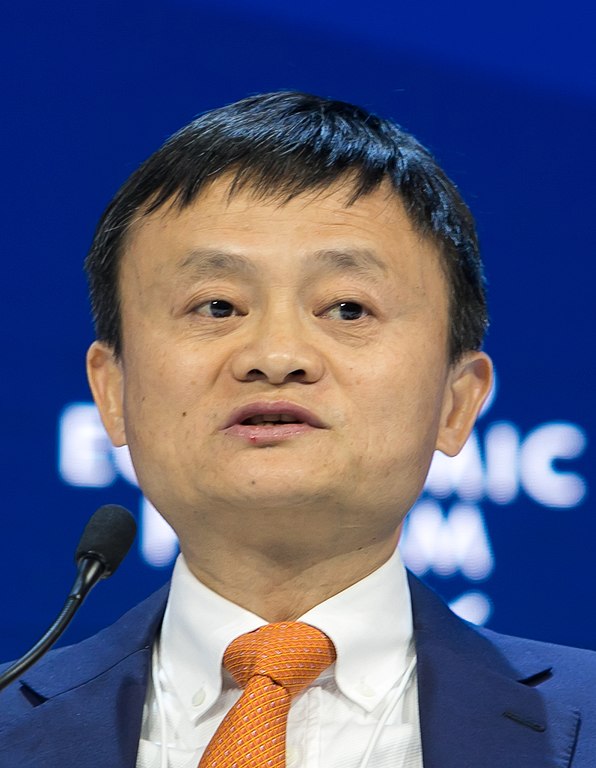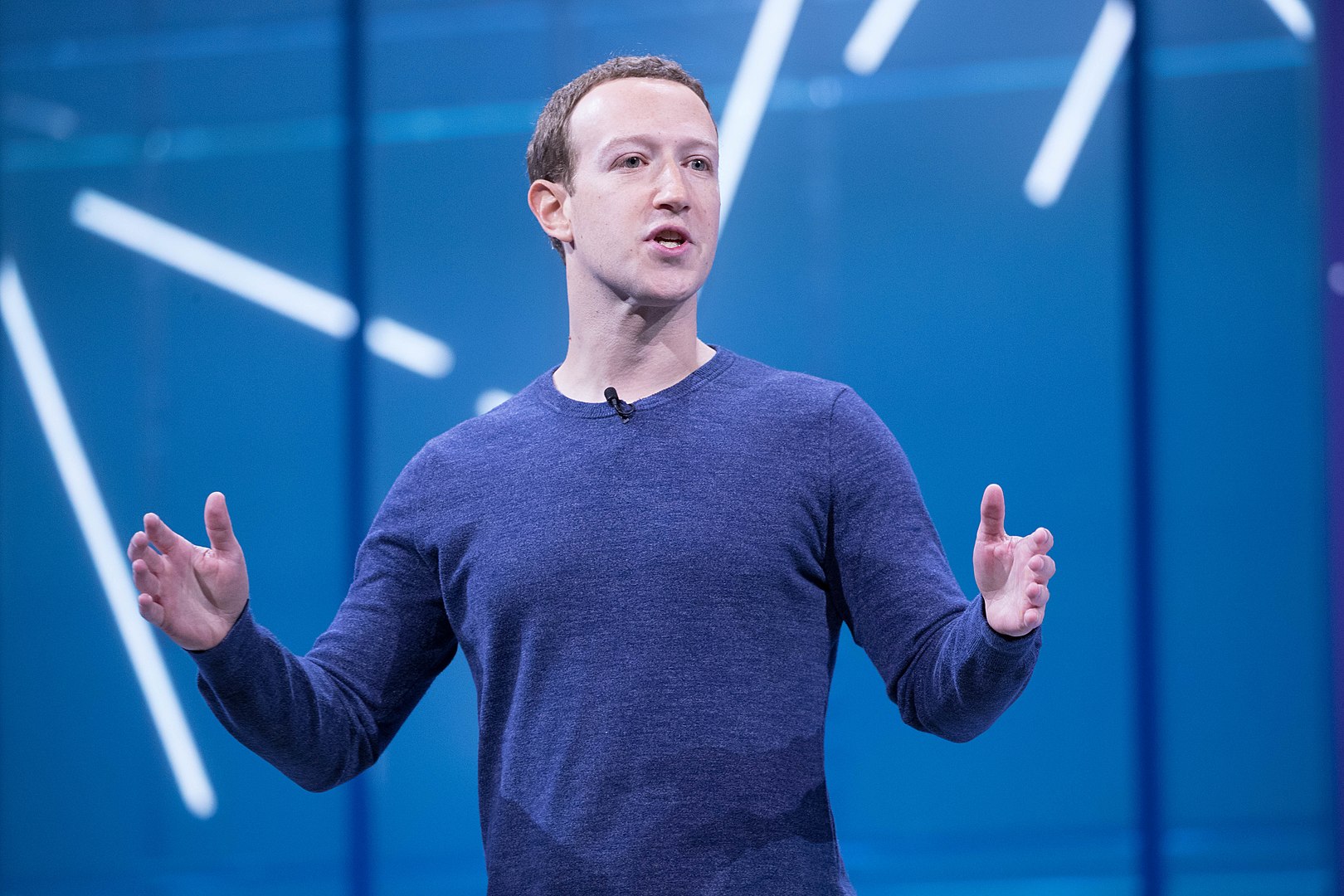Three years ago, Ali Baba’s CEO in an exclusive interview CNBC argued that the coming years would be painful. Jack Ma also said that in the next 30 years, people will work 4 hours a day and that machines will be more and more present in human life thanks to the technological revolution. But no one imagined that it would happen soon and no one had the exact scenario of what was going to happen. The coronavirus pandemic has sped up things and huge social changes will take place in the days and months to come.

Coming years would be painful and in the next 30 years, people will work 4 hours a day.
Many companies abandoned their employees during the COVID-19 pandemic, and technology companies were not exempt from these layoffs. Other groups have rather thought about reviewing their management model, in particular of human resources, and take advantage of the current situation to maintain the remote working and widen the geographic scope of recruiting, even if it means laying off the current less efficient employees.
To this end, Google and Facebook have announced that most of their employees will continue to work from home until the end of the year. The move follows similar announcements made earlier by Twitter and Square, which were the first large tech companies to allow remote work indefinitely.
The Alphabet CEO (Google’s parent company), which employs more than 100,000 people worldwide, has indeed told its employees that they will probably work from home for the rest of 2020. Sundar Pichai explained that people who need to return to the office will be able to do so in June or July, applying enhanced security measures, but the rule is remote work.
Facebook CEO Mark Zuckerberg, for his part, was more clear and announced that his company would permanently approve remote working even after lifting restrictions due to the Coronavirus pandemic, which would accelerate the diversification of the geographic shape of the technology sector far from its birthplace in Silicon Valley.

Zuckerberg said the world’s largest social network would begin “opening the door to remote employment” from July and predicts that about half of employees will work remotely over the next five to ten years, adding that the company would adopt a more “calculated” approach with existing employees, on the basis of employment and previous performance, and set the beginning of 2021 as the deadline for the modernization of employees’ sites by the company.
As part of this major social transformation, Facebook will build three new “complexes” in Atlanta, Dallas, and Denver, where remote employees from these regions can meet from time to time. “It’s not necessarily an office,” said Zuckerberg. “The idea of these complexes is that we want to assess the validity of the idea of concentrating employment in certain cities where we can reach hundreds of engineers.” It should be noted that Facebook had previously committed to employing ten thousand engineers and productive employees during the current year.
Facebook CEO is thus planning changes in property, food, and employment spending, as the current high compensation packages in Silicon Valley will adjust if Facebook employees choose to live in cheaper areas.
Zuckerberg said the cost impact was not clear, as the savings would be partially offset by the additional costs associated with travel and the techniques associated with setting up home offices.
Facebook has nearly fifty thousand employees, and its choice to go ahead with a new telework structure is likely to have a clear impact on the San Francisco area, where the rapidly growing tech sector has strained infrastructure testing.
Zuckerberg said the company is committed to preserving its current office space, which includes the company’s headquarters, “Tony Menlo Park” designed by architect Frank Gehry, and includes a roof garden and a protected patio by redwoods.
He, also, added that internal surveys indicate that around 60% of Facebook employees prefer a flexible approach to work, mixing work at a distance and sometimes in offices. Within this group, he said, just under half said they would be transferred to another area if they had the opportunity to do so.
This decision is by far the most important step for a technology giant to reinvent a corporate culture that will resemble the post-coronavirus world, as the epidemic disrupts offices and the mobility habits of businesses.

























